RALEIGH, N.C. — The fight over the critically endangered red wolf has returned to court as North Carolina’s governor sought immediate help for the dozen or so remaining in the wild and federal biologists planned to transfer wolves into the recovery area for the first time in years.
In late November, Gov. Roy Cooper sent the secretary of the interior a sharply worded letter warning that, with no more than 14 known wolves in the wild, “the American red wolf is on the brink of extinction.” He noted that in 2019, no litters of red wolf pups were born in the wild for the first time in the history of the reintroduction program.
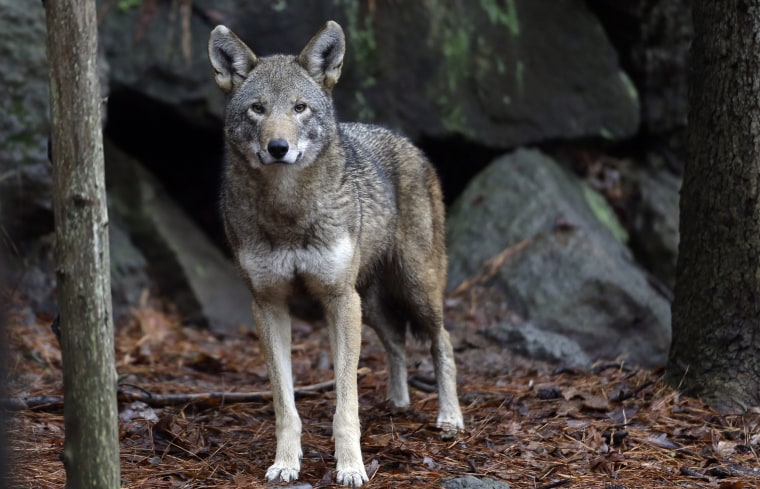
Red wolves once occupied much of the Eastern U.S. but were driven to near extinction by trapping, hunting and habitat loss before they were reintroduced to North Carolina in 1987. Their range is limited to five North Carolina counties. Another 200 live in captive breeding programs.
Cooper wrote in the Nov. 22 letter that “changes in management strategies over the last several years have diminished the wild population to a dangerous level. This population decline has occurred despite the availability of proven conservation strategies, such as coyote sterilization and captive wolf reintroductions.”
The letter follows a lawsuit filed earlier this year by the Center for Biological Diversity asking a judge to force the Fish and Wildlife Service to commit to a deadline for a new recovery plan and another by the Southern Environmental Law Center seeking documents pertaining to red wolf decision-making.
The Fish and Wildlife Service issued a statement in November saying it plans to begin updating the recovery plan in 2020 by appointing a panel of scientists to advise them on the process.
“Although an updated recovery plan is not yet in place, the Service has engaged in recovery efforts and continues to do so,” the statement said.
Fish and Wildlife Service Field Supervisor Pete Benjamin said at a Dec. 10 meeting with community members in eastern North Carolina that its biologists planned to move two wolves into the recovery area from a Florida refuge to promote breeding, according to the Center for Biological Diversity and Defenders of Wildlife, which had staff members attending. A third wolf, a male, will be moved within the North Carolina recovery area to pair with a female, the groups said.
This article was first published by NBC News on 26 December 2019.
What you can do
Support ‘Fighting for Wildlife’ by donating as little as $1 – It only takes a minute. Thank you.

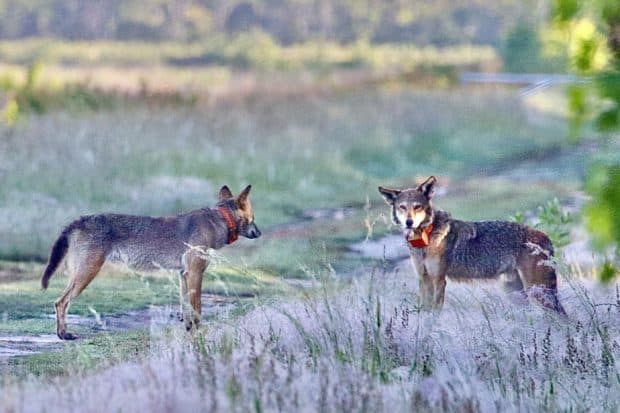
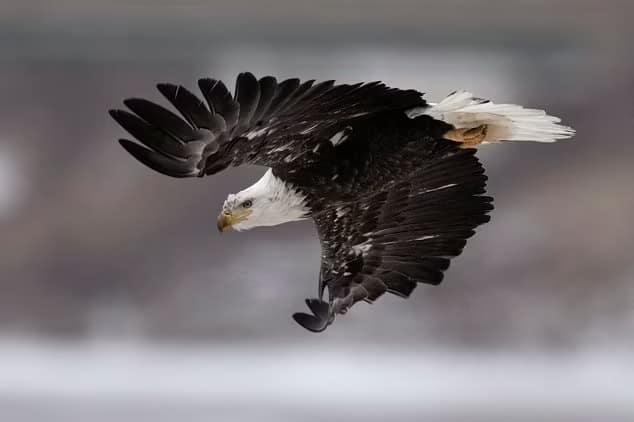
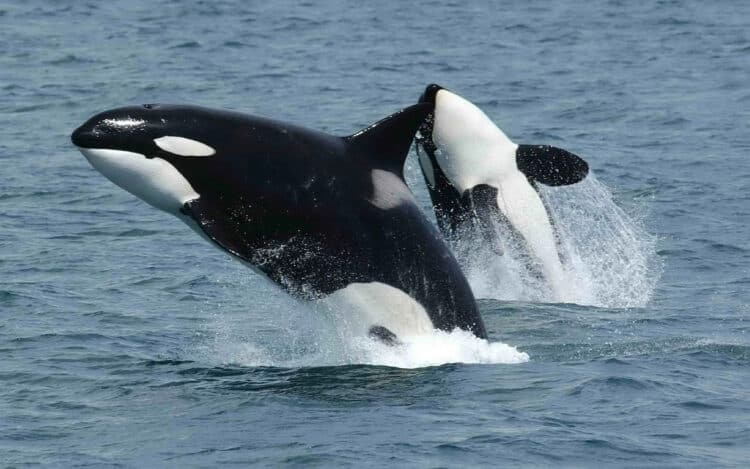
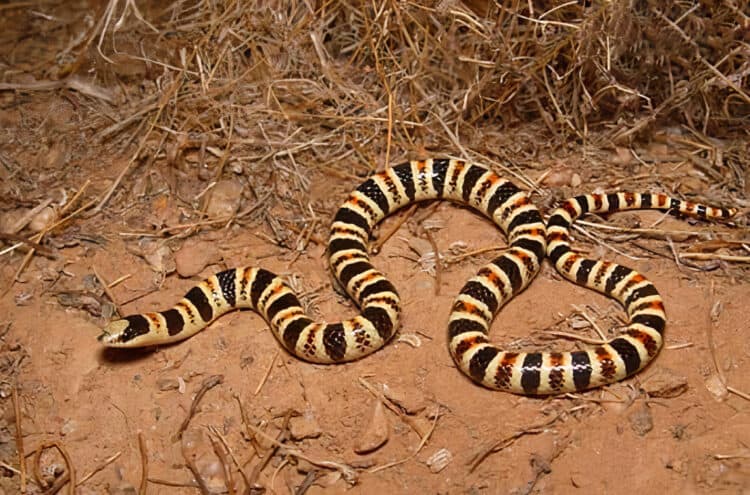
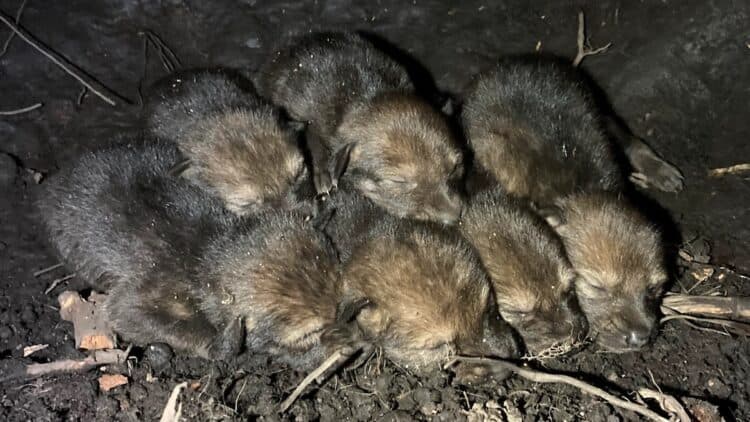

Leave a Reply